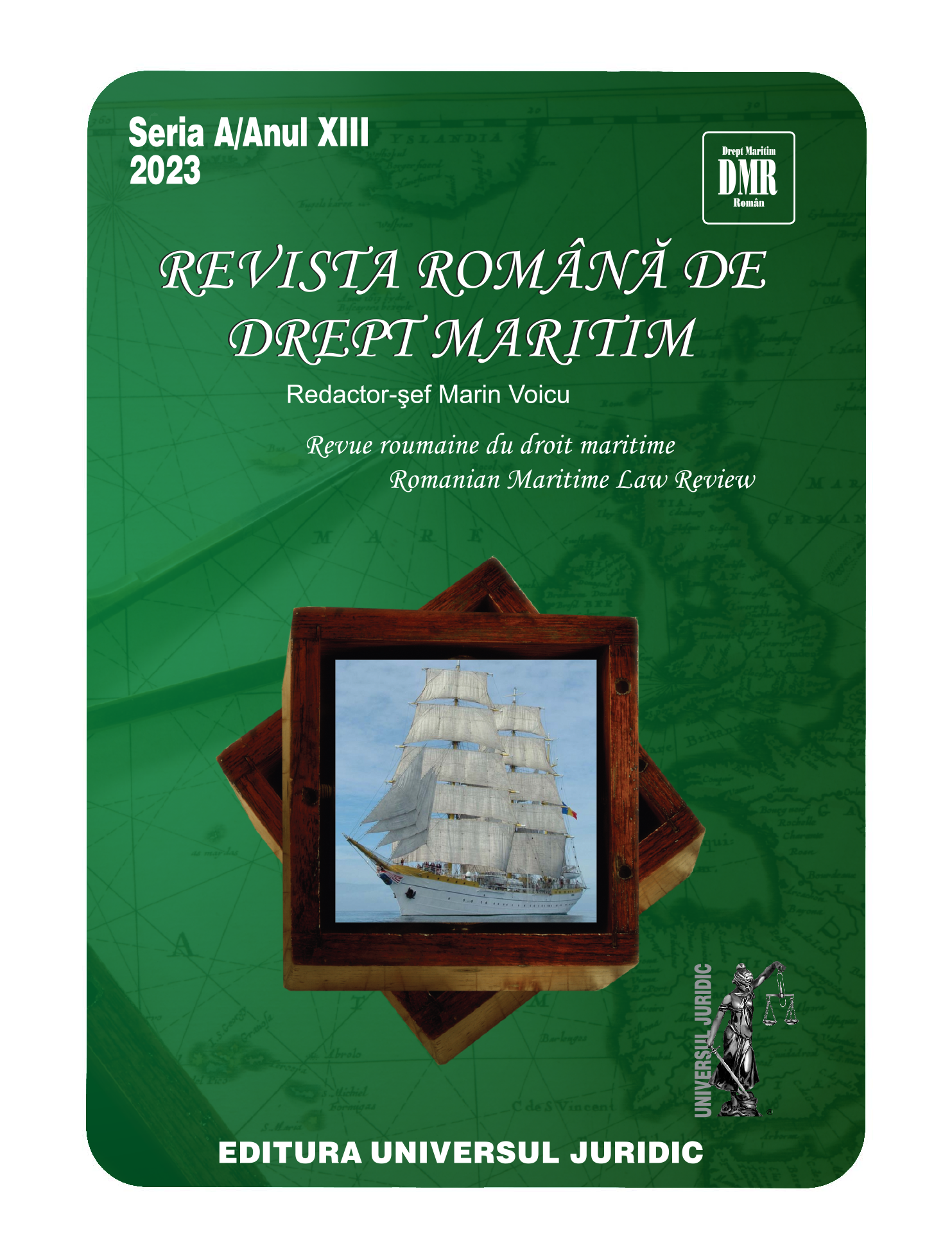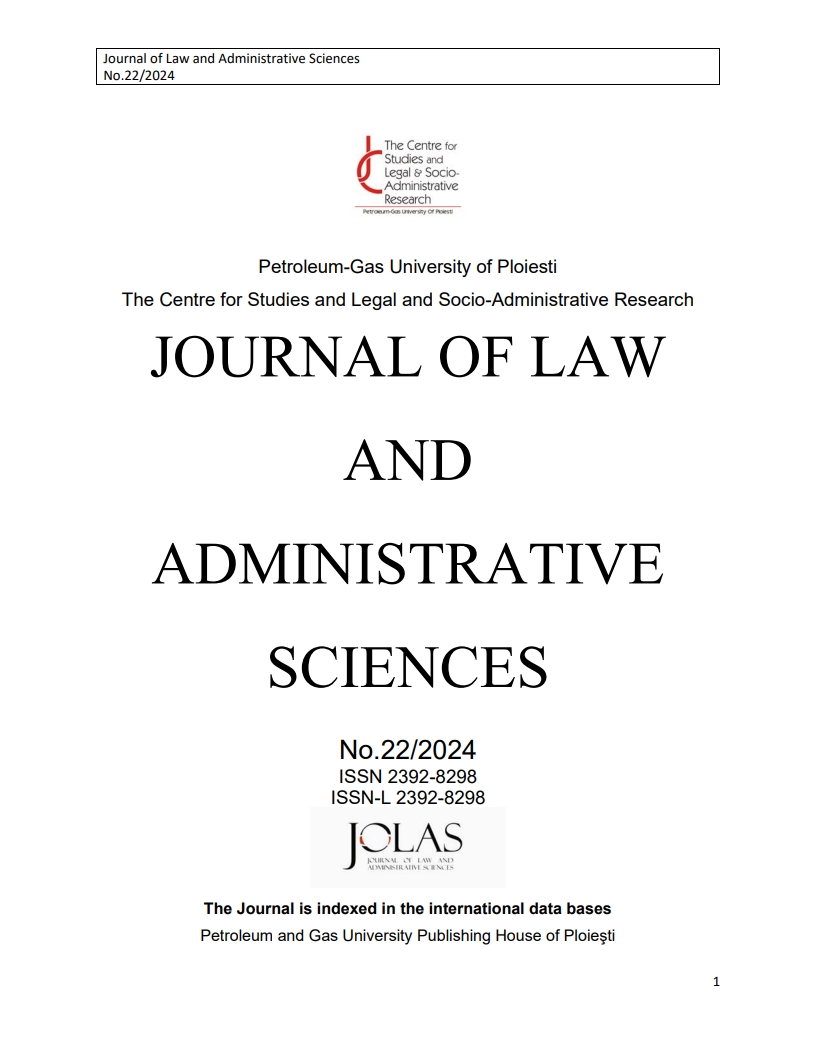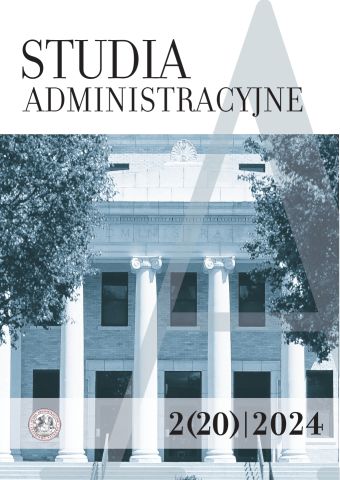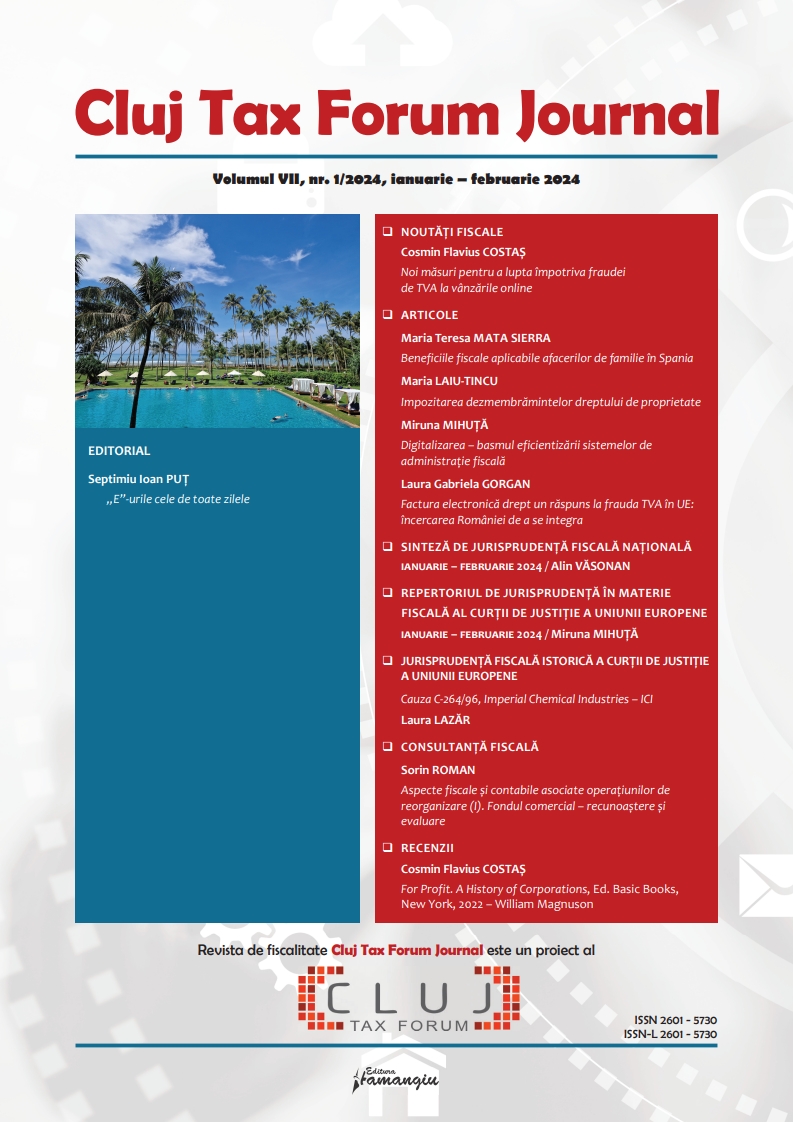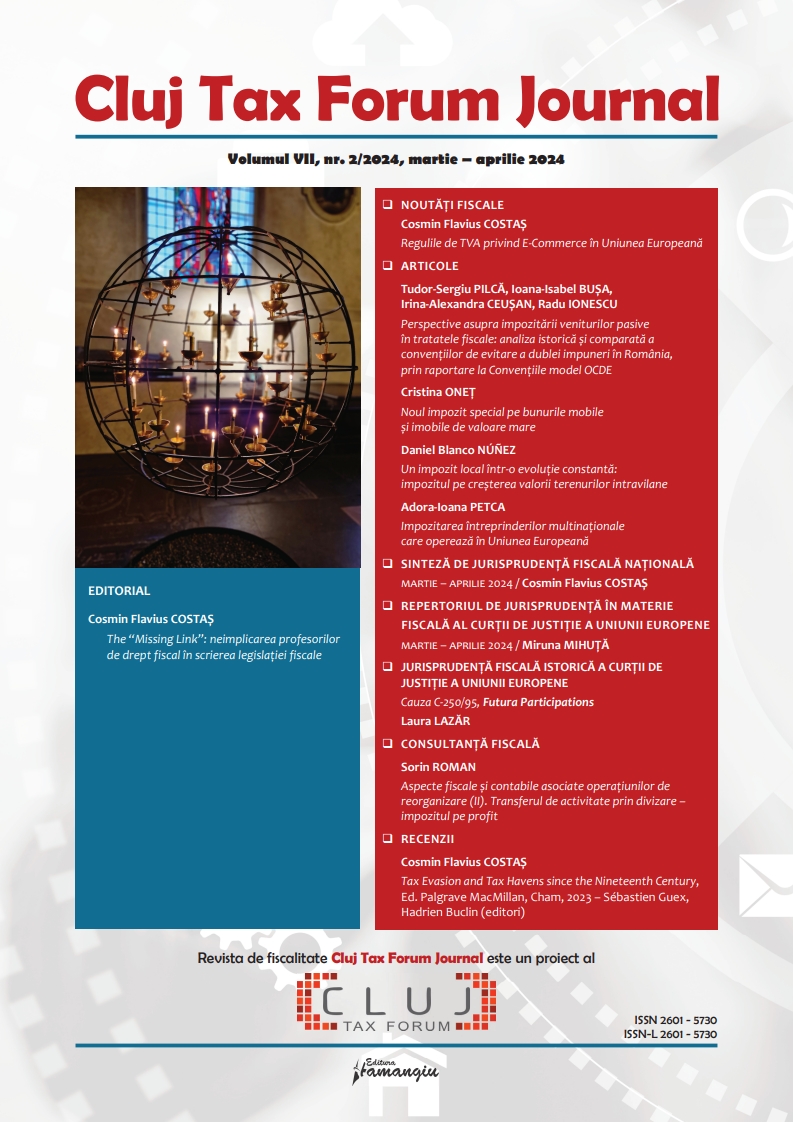CONSORTIUM AS AN „ENTITY” IN PUBLIC PROCUREMENT
The participation of consortia in public procurement is common, as it gives a better chance of winning a procedure under such a contract. A consortium constitutes a single 'entity' vis-à-vis the contracting authority, whose liability is governed by the law and the contract concluded with the contracting authority. On the other hand, a doubt arises as to whether a consortium constitutes a civil law entity and should be treated as an entity of rights and obligations. It can be assumed that, while from the point of view of civil law a consortium doesn’t constitute a separate entity, its legal status is unregulated, as it constitutes a contract concluded between its members. This gives rise to the conclusion that a consortium constitutes a specific legal 'creation' used for the purposes of public procurement. In other words consortium must therefore be regarded as a form of joint venture, i.e. a grouping of entrepreneurs who enter into a contract for a specific purpose, but which has no institutionalised form and can’t be treated as a separate entity under civil law.
More...
